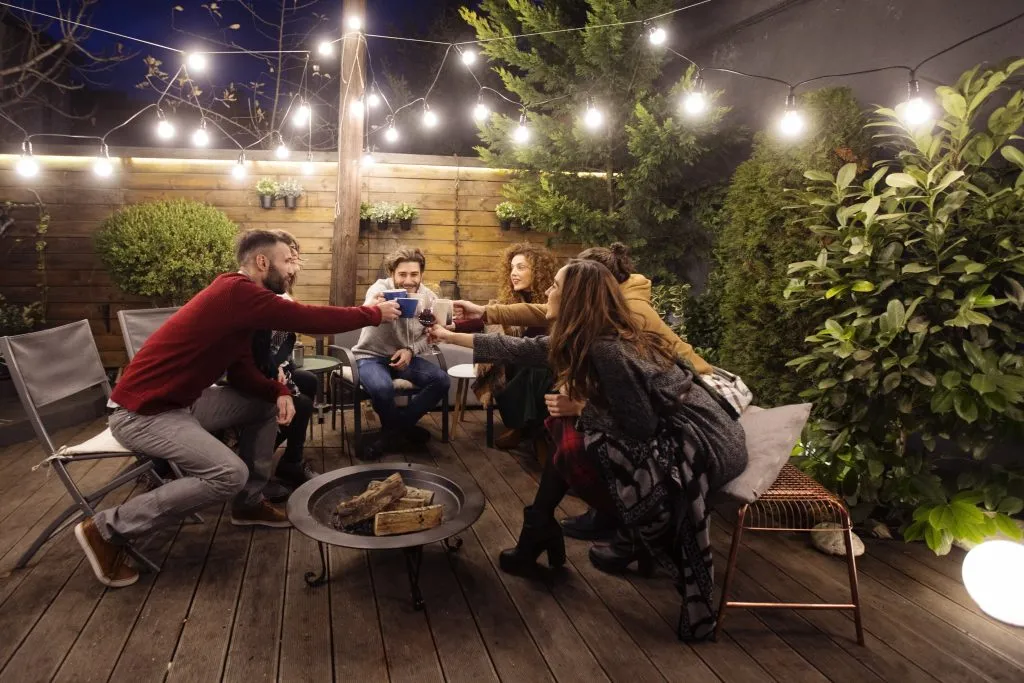A Look at Injury Liability for Landlords and Property Managers

Zillow Rental Manager
December 12, 2017
3 min read
 Tenant festivities, whether during the busy holiday season, the long days of summer or at any time of the year, are a great way for people to enjoy their home and the amenities your property offers. But sometimes the merry-making — or even the preparations — can land a tenant or one of their guests in the emergency room.
Tenant festivities, whether during the busy holiday season, the long days of summer or at any time of the year, are a great way for people to enjoy their home and the amenities your property offers. But sometimes the merry-making — or even the preparations — can land a tenant or one of their guests in the emergency room.
Every year, thousands of people rush to the ER due to falls related to parties or holiday decorating. Other hazards lurk, too — fires from candles and folks taking a dive on the front steps or sidewalk, for example.
So, who is liable for injuries on a rental property — landlord or renter? While you should consult lease agreements, local laws or a lawyer for specifics, these guidelines will help you navigate the most common mishaps.
Stringing up lights and decorations
Typically, tenants are liable if they slip from a ladder or roof while stringing up lights. One exception is if tenants (or someone they hire) fall into a hole in the deck or roof while putting up decorations. In this case, the injured party could argue that you were negligent in not fixing the hole.
Best bet: Keep the property in good shape. In a typical residential lease, you’re responsible for the building’s structure.
Falling on a sidewalk on the property
Generally, the lease will spell out who is responsible for day-to-day maintenance issues, including keeping sidewalks clear and free of hazards, such as snow and ice in the winter.
Best bet: Some leases pass 100 percent of the maintenance responsibility to the tenant. You might do the same. That way, if someone slips and falls, it’s up to the tenant to take care of any injury.
Slipping on tile floor
Renters insurance usually comes with some level of liability protection in case an exuberant party guest (or other visitor) is injured at the home.
Best bet: Require tenants to get renters insurance.
Starting an electrical fire
String lights, strobes and disco balls make a party festive. But if a fire starts because you as the landlord failed to maintain the wiring to handle the increased demand, you’re probably going to be considered at fault, because you’re responsible for keeping the structure safe. If the tenants went overboard on plugging in massive numbers of lights, however, you might be able to avoid liability.
Best bet: Stay on top of your building’s electrical maintenance.
Falling on the back steps
Typically, the tenant is liable. But you’re generally liable if your negligence caused a definite injury — say, if the stairs are dangerous due to bad repair, you’ve let weeks go by without fixing them, the repair cost isn’t prohibitive and the steps directly caused the injury. The renter could file a claim with your insurance company (or worse, sue) to pay for medical bills.
Best bet: Keep stairs at your property in good repair.
The upshot? Be very clear in your lease about who is obligated to maintain not only the structure (typically you) but all the other components (typically the renter), such as appliances and any landscaping matters, including snow shoveling. If that’s clear, it will be easier to determine responsibility if something goes bad.
Connect with us!
Learn how Zillow Rentals can help you reach your goals.
Stay informed. Stay ahead.
Access exclusive industry insights, market trends, and expert tips. Subscribe now to receive quarterly Zillow Rentals newsletters!